Introduction to the Climate of Healthy Interactions for Learning & Development
CHILD
In school each day, children learn reading, writing, math, science, and social studies. They also learn social skills like sharing and turn-taking, and they learn emotional skills like cheering up a friend who is sad or regulating their own emotions and behaviors. We tend to talk a lot about the first set of skills: reading, writing, math, etc. But research shows that social and emotional skills are also a key driver in cognitive development and academic achievement!(1,2) Fortunately, social and emotional learning can be taught at almost any time, during many of the activities you are already doing with children like eating together, playing games, reading, or drawing.
The CHILD looks holistically at children’s learning and development, with a focus on social and emotional learning. It was originally designed to support high quality early childhood care and education, primarily through Early Childhood Mental Health Consultation. However, the CHILD can also be used by researchers, program or school administrators, teachers, and other early childhood professionals. On this website, we’ve adapted the CHILD principles for parents and caregivers to use at home.
The CHILD is made up of nine dimensions, or themes. Click the image below to read more about the nine CHILD dimensions.
The CHILD toolkit includes an observational measure of classroom climate; resources for teachers; and materials for early childhood mental health consultants, coaches, and others who provide support and professional development to teachers. Click the CHILD Ecosystem below to learn more about all of the tools in our toolkit.
For more information, download the Introduction to the CHILD from our Practitioner’s Guide (PDF).
References
1. Durlak, J.A., Weissberg, R.P., Dymnicki, A.B., Taylor, R.D., & Schellinger, K.B. (2011). The impact of enhancing students’ social and emotional learning: A meta‐analysis of school‐based universal interventions. Child Development, 82(1), 405-432.
2. Taylor, R.D., Oberle, E., Durlak, J.A., Weissberg, R.P. (2017). Promoting positive youth development through school-based social and emotional learning interventions: A meta-analysis of follow-up effects. Child Development, 88(4), 1156-1171.


